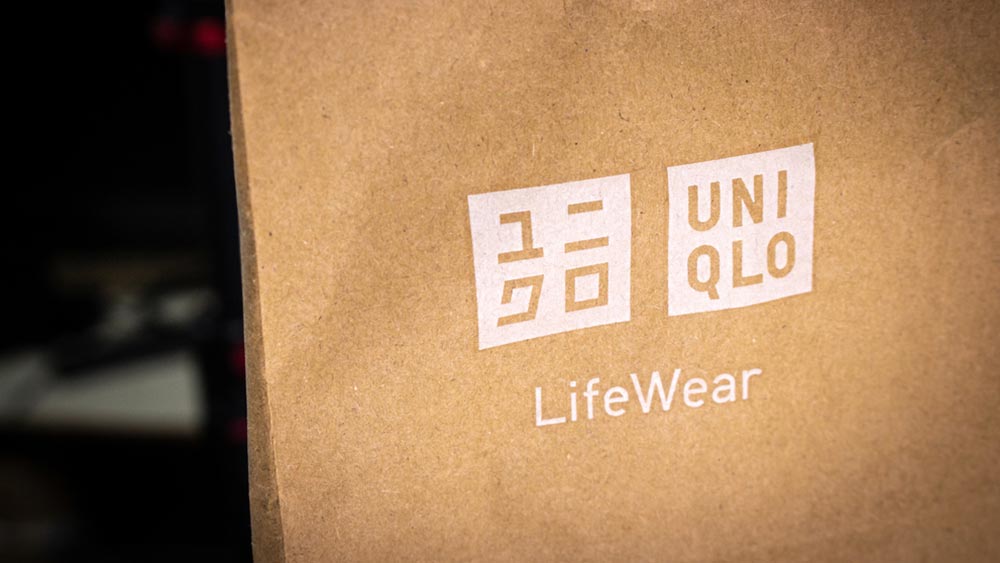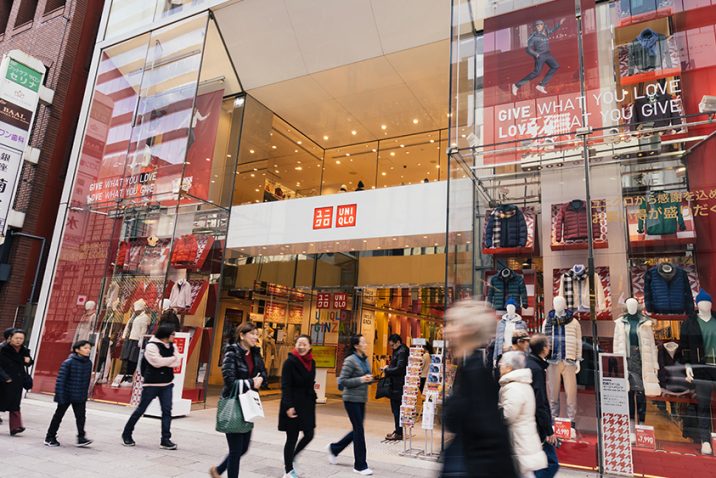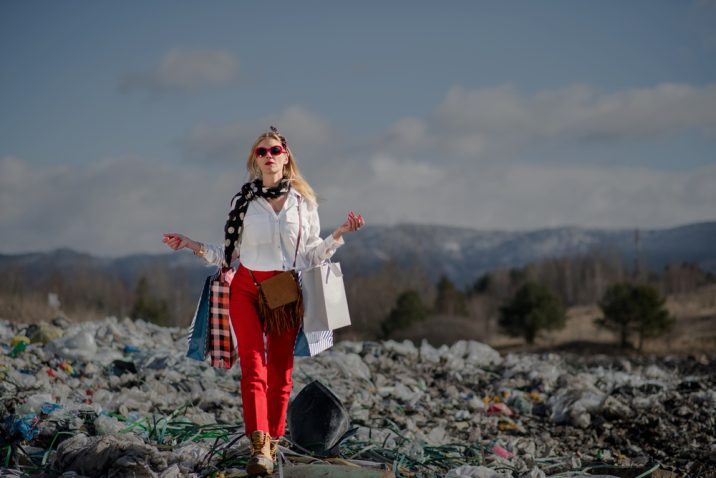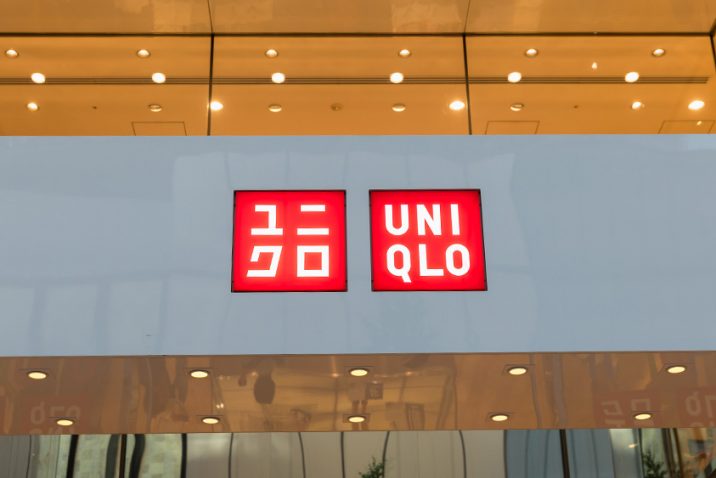In the previous article, I introduced their unique concept (“LifeWear”) and its systematic model to achieve both sustainability and business growth. In this article, I introduce some of their actions already implemented by them. Contribution to...
Fast fashion and its environmental and social costs Fast fashion refers to clothing that is inexpensive and produced rapidly by mass-market retailers in response to the latest trends (via Oxford Languages). With these characteristics, fast-fashion...
Like other countries, fast fashion in Japan is testing the balance between people’s love of fashion and their commitment to protecting the environment. Known for being highly fashion conscious, the Japanese public is also viewed as having a...
In everyday life, we are bombarded with shiny ads for the “fashion trend of the year” and the “latest seasonal collections.” Nowadays that happens not just via TV commercials and shop windows, but also when using the internet and social media. It’s...
Fast fashion refers to cheap, mass-produced clothing that represents the latest trends on the market. Fast-fashion brands can offer thousands of styles at a low price because they rely on offshore mass manufacturing where labor is cheap. They also...
Fast fashion offers quick and easy access to trendy, inexpensive pieces but its benefits come at a cost. Cheap clothing is often made from synthetic fabrics such as polyester, nylon and acrylic, which are derived from fossil fuels. Not only that...
The operator of Uniqlo clothing stores has signed on to the United Nations-backed Fashion Industry Charter for Climate Action. This charter aims to limit global temperature gains to less than two degrees Celsius above pre-industrial levels. It also...








